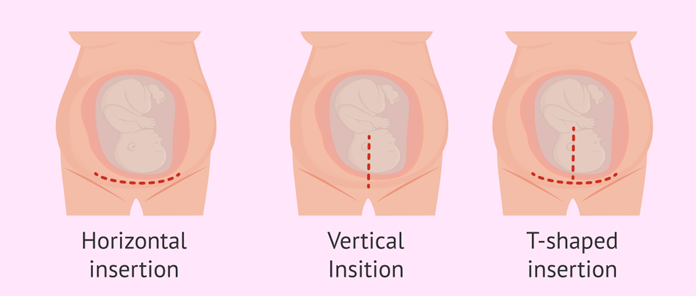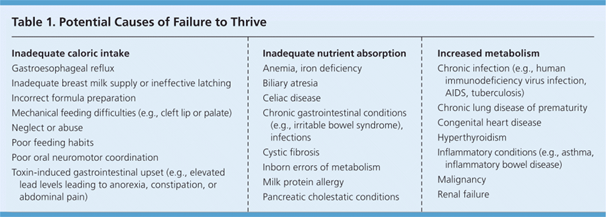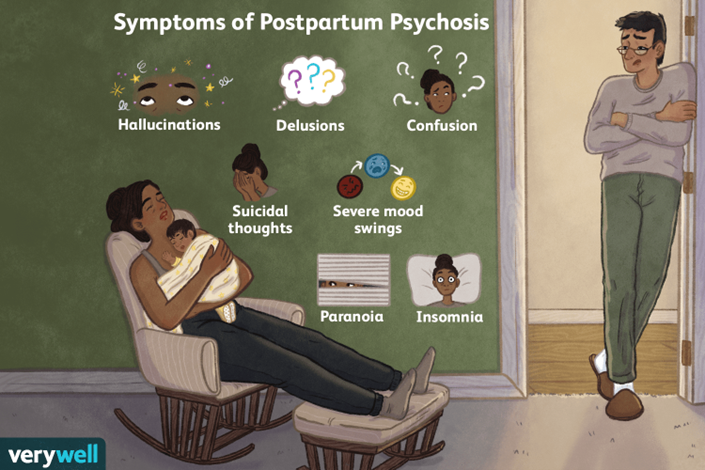The practical nurse (PN) is assigned to assist in the care of a laboring client at 42-weeks gestation. While providing perineal care, the PN observes the umbilical cord protruding from the vagina. Which action should the PN take?
Support the client's upper body and knees with pillows.
Encourage the client to push with the next contraction.
Assist the team to prepare for a possible cesarean delivery.
Gently wrap the cord with a dry sterile dressing.
The Correct Answer is C
The umbilical cord prolapse is an emergency situation that requires immediate intervention. The PN should not attempt to push the cord back into the vagina or cover it with a dry sterile dressing. Instead, the PN should notify the healthcare provider and the obstetrical team and assist in preparing for an emergency cesarean delivery.
Option A and B may be appropriate in some situations, but they are not the priority in this scenario.
Therefore, options A, B, and D are not answers because they do not address the immediate emergency of umbilical cord prolapse.

Nursing Test Bank
Naxlex Comprehensive Predictor Exams
Related Questions
Correct Answer is D
Explanation
To best help develop interventions for a toddler with failure to thrive due to inadequate caloric intake, the practical nurse (PN) should monitor parent-toddler interaction. Observing how the parent and toddler interact during mealtimes can provide valuable information about the child's eating habits and any potential issues that may be contributing to the inadequate caloric intake. The PN can use this information to develop interventions that address any identified issues and promote healthy eating habits. The other observations listed may also be important to monitor, but observing parent-toddler interaction is the most useful in this situation.

Correct Answer is D
Explanation
The practical nurse (PN) should recognize that the client who is 2-weeks postpartum and presents with feelings of irritability, severe mood swings, and an irrational sense of her ability to keep her infant safe may be exhibiting symptoms of postpartum psychosis. Postpartum psychosis is a rare but serious condition that can develop after childbirth and is characterized by symptoms such as delusions, hallucinations, and severe mood swings. The client's belief that her infant is going to die and that there is nothing she can do to save her baby may indicate the presence of delusions. The PN should report these symptoms to the appropriate healthcare provider for further assessment and intervention.

Whether you are a student looking to ace your exams or a practicing nurse seeking to enhance your expertise , our nursing education contents will empower you with the confidence and competence to make a difference in the lives of patients and become a respected leader in the healthcare field.
Visit Naxlex, invest in your future and unlock endless possibilities with our unparalleled nursing education contents today
Report Wrong Answer on the Current Question
Do you disagree with the answer? If yes, what is your expected answer? Explain.
Kindly be descriptive with the issue you are facing.
